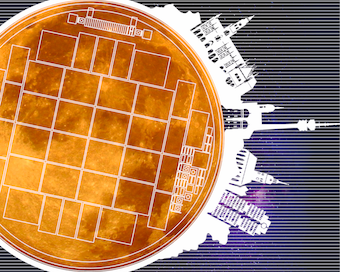Speaker
Description
Proton Computed Tomography (pCT) is a medical imaging method aimed at improving
the accuracy of treatment planning in hadron therapy through a direct measurement
of tissues' stopping power distribution. A pCT image can be obtained,
with a single event approach, by directly measuring each proton position and direction
upstream and downstream the volume under study using a tracker and, at the same time,
evaluating the particle residual energy by a calorimeter or a range counter.
A pCT system based on a silicon microstrip tracker and a YAG:Ce scintillating
calorimeter has been developed within the INFN-RDH-IRPT collaboration and recently
tested with a 228 MeV proton beam at the Proton Therapy Center (Trento, Italy).
Algebraic iterative reconstruction methods, together with the most likely path (MLP)
formalism, have been used to obtain stopping power images of an anthropomorphic
phantom and an electron density calibration cylinder.
Due to the heavy computation load required by the algebraic algorithms and the
MLP trajectory determination, the reconstruction programs have been written
to fully exploit the high calculation parallelism of Graphics Processing Units.
The phantoms' proton tomographies, together with the experimental methodologies used
to acquire, analize and reconstruct data, will be presented and discussed.
